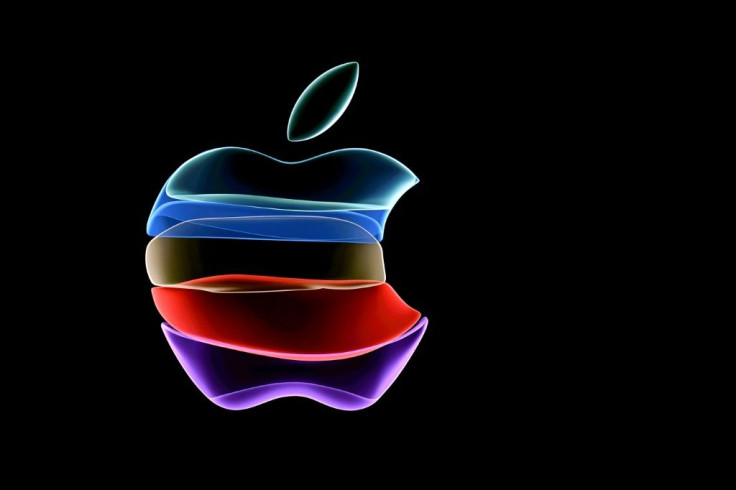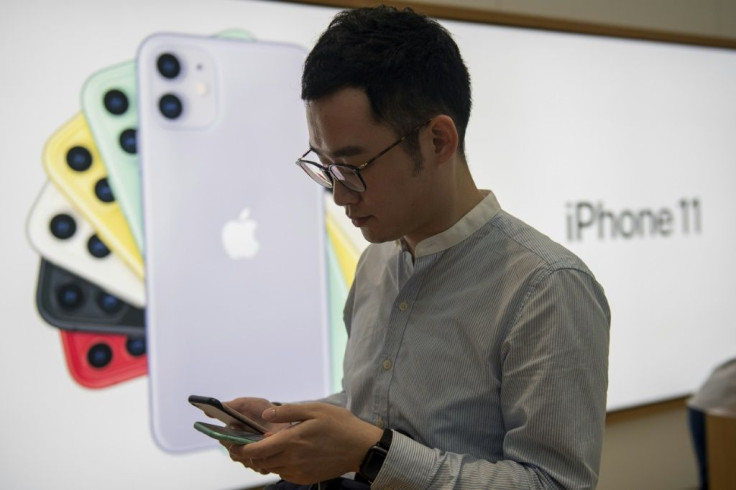Apple Warns Coronavirus Outbreak Will Affect iPhone Sales, Lower Q2 Revenue

KEY POINTS
- Covid-19 in China is now a huge business problem for Apple
- Apple says it's experiencing a slower return to normal conditions in China than it had anticipated
- The situation outside China is more positive for Apple
Apple Inc. on Monday issued disappointing new revenue guidance for the fiscal second quarter, saying it doesn't expect to meet its previous forecast for revenue while the raging Covid-19 outbreak forces business in China to a virtual standstill.
In January, Apple forecasted revenue of $63 billion to $67 billion for Q2. In a new guidance issued Monday, Apple said it will not meet this quarterly revenue forecast because of lower iPhone supply globally (due to the production slowdown in China), and weaker demand in China (its second largest iPhone market) as a result of Covid-19's deleterious impact on business. Apple still assembles more than half its iPhones and other devices in China.
Covid-19, which erupted into the open in December 2019, forced Apple to temporarily halt device production and close retail stores in China for much of January. Some Apple retail stores reopened in China Monday but most Chinese are apparently staying indoors to avoid infection.
In its revised guidance, Apple admitted work is starting to resume around China but it's still experiencing a slower return to normal conditions than it had anticipated. As a result, Apple does not expect to meet the revenue guidance it provided for the March quarter due to two main factors.
The first is worldwide iPhone supply will be "temporarily constrained." Apple noted its iPhone manufacturing partner sites are located outside Hubei Province, epicenter for the Covid-19 outbreak. It said all its facilities have reopened but "are ramping up more slowly than we had anticipated."
Apple said the health and well-being of every person of its employees and contractors remains its paramount priority. "These iPhone supply shortages will temporarily affect revenues worldwide," admitted Apple.
Apple also admits demand for its products within China has been affected by the Covid-19 outbreak and its aftermath.
"All of our stores in China and many of our partner stores have been closed," said Apple. "Additionally, stores that are open have been operating at reduced hours and with very low customer traffic. We are gradually reopening our retail stores and will continue to do so as steadily and safely as we can."
The situation outside China is cause for delight, however. Apple said customer demand across its product and service categories outside China has been strong to date and in line with expectations.
"Apple is fundamentally strong, and this disruption to our business is only temporary," said Apple in the guidance. "Our first priority -- now and always -- is the health and safety of our employees, supply chain partners, customers and the communities in which we operate. Our profound gratitude is with those on the front lines of confronting this public health emergency."
Analysts said this is the second time over the past 13 months Apple has had to cut its guidance due to concerns in China. In January 2019, Apple was forced to slash revenue guidance for its fiscal first quarter due to sluggish iPhone sales in China.

© Copyright IBTimes 2024. All rights reserved.





















